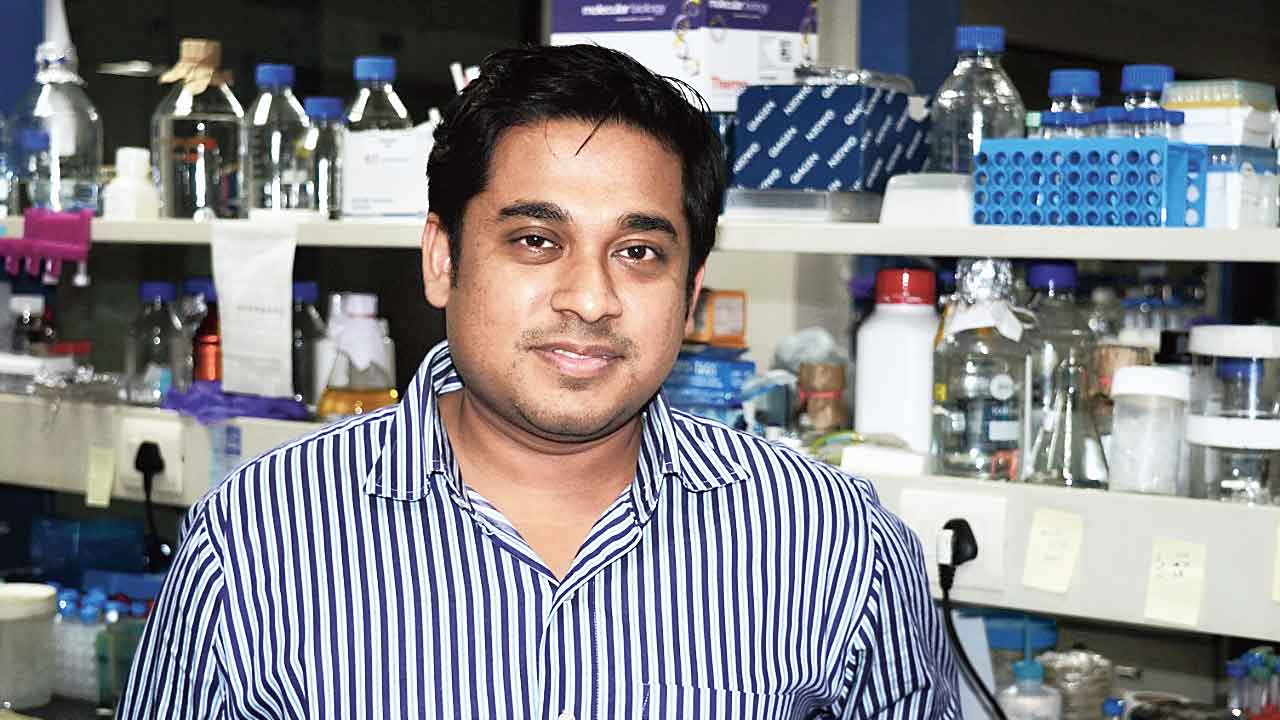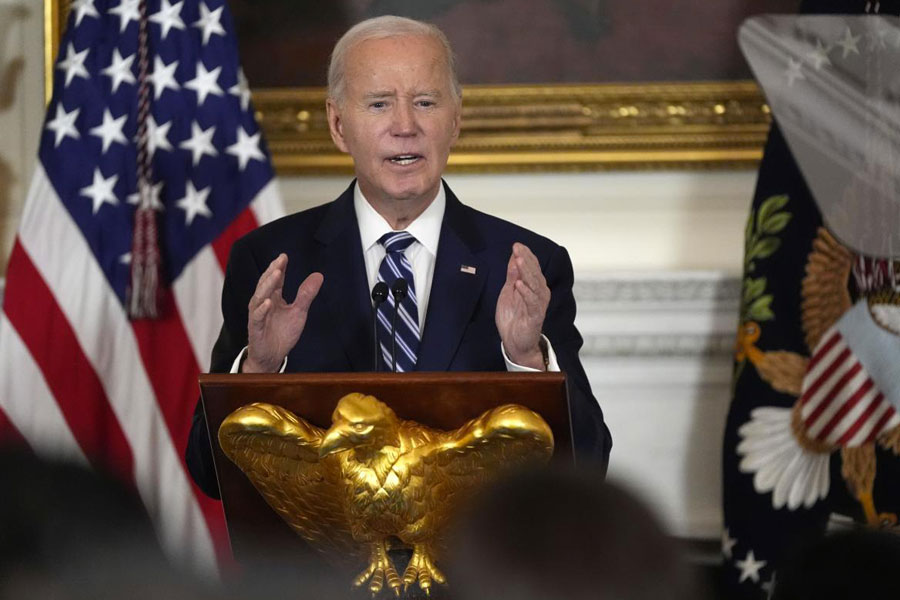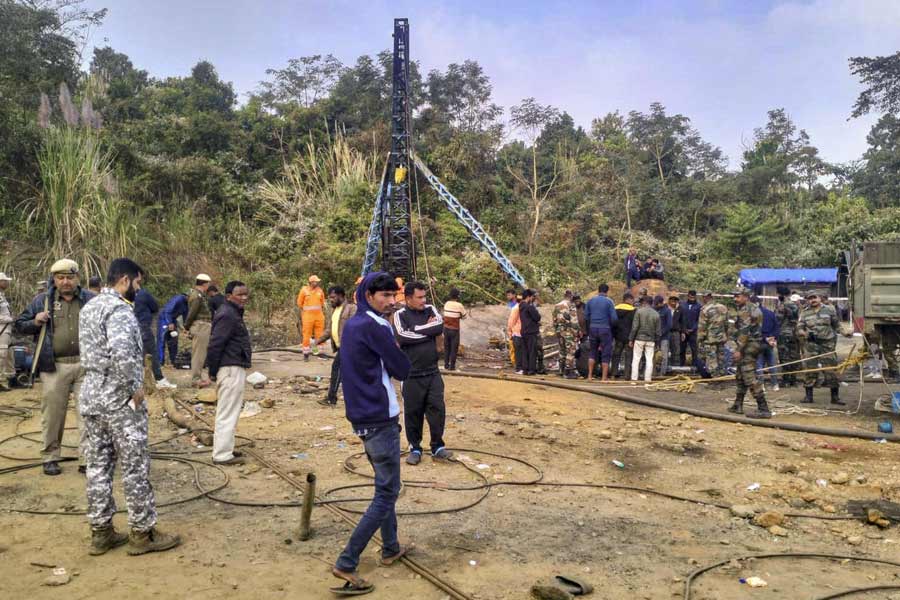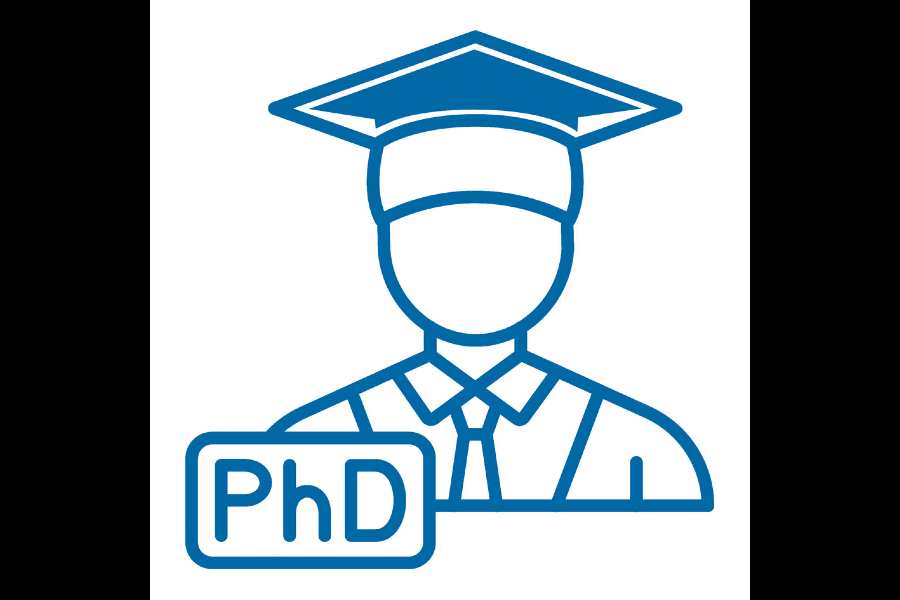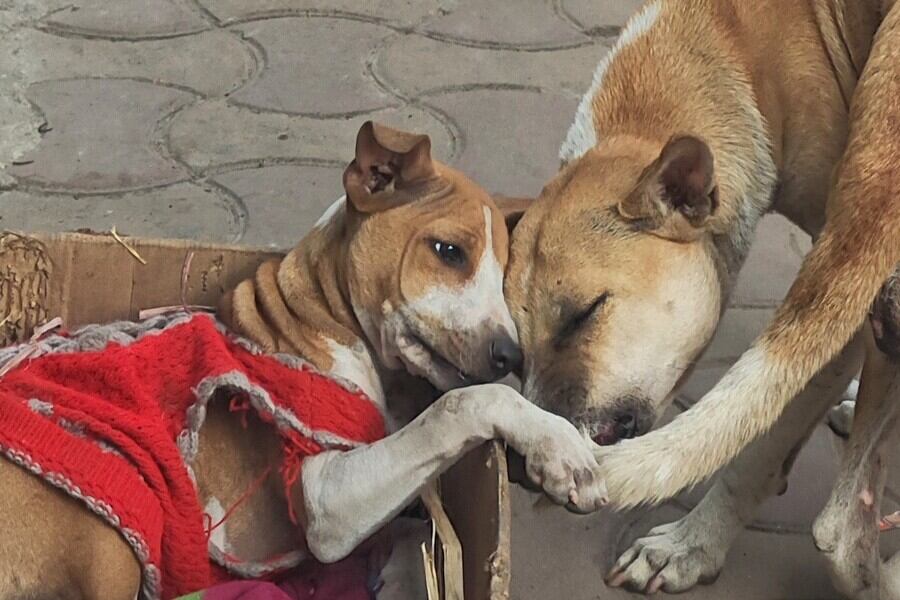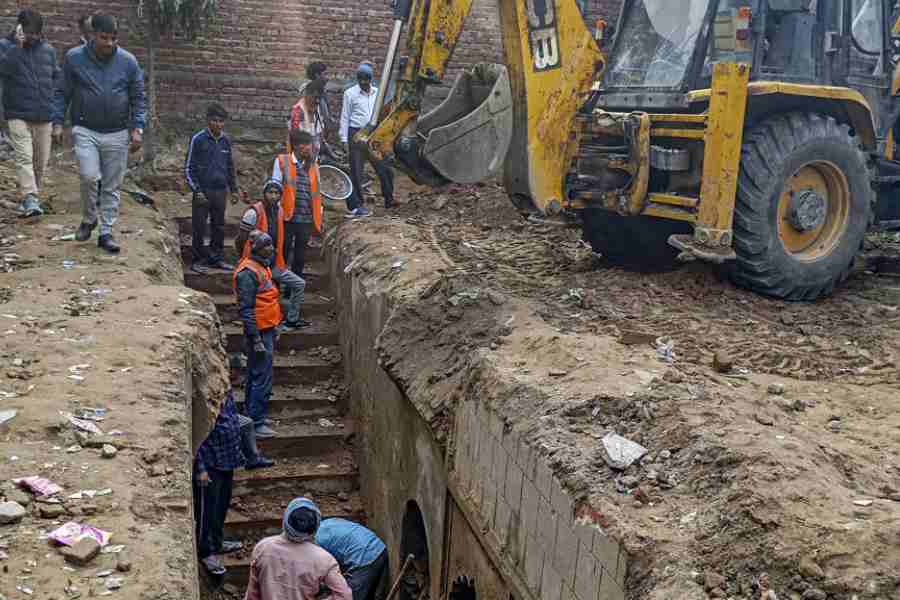A scientist with family in New Town’s AD Block is one of the two leaders of a team that has gifted the country a paper strip test for Covid-19 that gives out an accurate result in under an hour but is as precise as qRT-PCR.
Debojyoti Chakraborty of the Institute of Genomics and Integrative Biology, the Council of Scientific and Industrial Research’s laboratory in Delhi, has invented the diagnostic kit which has been named Feluda, along with his colleague Souvik Maiti. It is an acronym for FNCAS9 Editor Limited Uniform Detection Assay.
The kit uses the CRISPR-Cas9 gene-editing technology which earned Emmanuelle Charpentier and Jennifer A. Doudna the 2020 Nobel Prize in chemistry. By this technology, a protein found in bacteria, on being given a specific instruction, can target and bind with a sequence in DNA.
Earlier, the Massachusetts Institute of Technology and the University of California Berkeley had developed different Covid-19 diagnostic kit using other variants of CRISPR. “They were named Sherlock and Detectr respectively. Since both the inventors of this kit are Bengalis, we thought of naming our invention after a Bengali detective.”
The toss-up was between Byomkesh and Feluda. “My wife Isha suggested the full name to fit the Feluda acronym,” he said.
Three musketeers
Like Satyajit Ray’s sleuth, the Covid-catching Feluda too comes with two assistants. “We created a smartphone app which can automatically detect the result from a picture of the test strip. We named it Topse or True Outcome Predicted via Strip Evaluation. Also a web server through which a Feluda assay can be designed for diagnosing pathogenic sequences has been created, called Jatayu or Junction for Analysis and Target Design for Your Feluda Assay.”
The paper in which they wrote about their invention is in a top journal and is getting peer reviewed. As it awaits publication, it is available in an open source journal depository called Med RXIV.
Chakraborty and his team had been working on the technology for the past couple of years. “We had been trying to invent a diagnostic kit to detect sickle cell anaemia, a blood disorder. When Covid-19 came up, we realised it would be more effective in detecting it.”
The Covid-19 work commenced in January 2020. The name Feluda was given in March. The technology was licenced in May to Tata Sons which formed a company called Tata Medical and Diagnostics. The invention received approval from the Drugs Controller General of India for commercial launch in September. It was launched in November and has started use in Delhi and elsewhere.
It is now available for purchase on the Government E-marketplace (GeM), hosted by the Directorate General of Supplies and Goods. The kit is available online for about Rs 580. “We have no idea how much the testing centre will charge as the costs are regulated and fixed by individual state guidelines,” he said.
Endgame
The new British variant of the coronavirus strain, he said, cannot be detected by RT-PCR alone. “They have to do it by sequencing. We are currently working so that the Feluda kit can specifically detect the other variant,” he said.
The main difference with RT-PCR, which is considered to be the gold standard test in Covid-19 detection, is in the machine that is used for the test. “RT-PCR requires a quantitative real-time PCR machine which costs close to Rs 20 lakh. It is not available everywhere. With a single machine in, say, 100km radius area, the turnaround time to generate the report becomes long and the cost too escalates. Feluda requires a simple PCR machine, which costs about Rs 60-70,000. Thus testing can be scaled up 20 times. In fact, in the advanced version of Feluda no machine will be required and it will become equipment-free. The time taken is less as well. A standardised and simple workflow means testing will not need highly skilled manpower.”
The next step of advancement will make it a game-changer in day-to-day life in a Covid-afflicted world. “We are trying to make it available at point-of-care, like in a doctor’s chamber, in schools and colleges when they re-open, in airports and malls…”
Chakraborty is happy that a diagnostic kit developed by his team is making Covid-19 detection more accessible to his countrymen. “What we do normally happens inside a lab and the journey from the lab to the market is a long and tedious process. In this case, the transition was fast as there was a demand in the market,” he signed off.
From Lab to Market
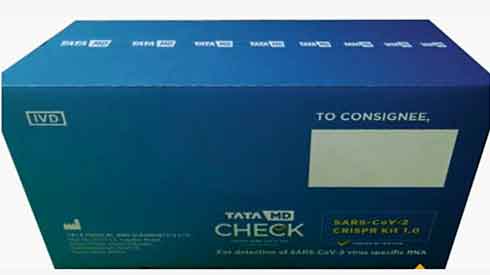
The Telegraph
⚫ Named Feluda in April
⚫ Technology licenced in May to Tata Sons
⚫ Drugs Controller General of India approval for commercial launch in September.
⚫ Launched in November
⚫ Available on the Government E-marketplace (GeM) portal
⚫ Price: Rs 580

